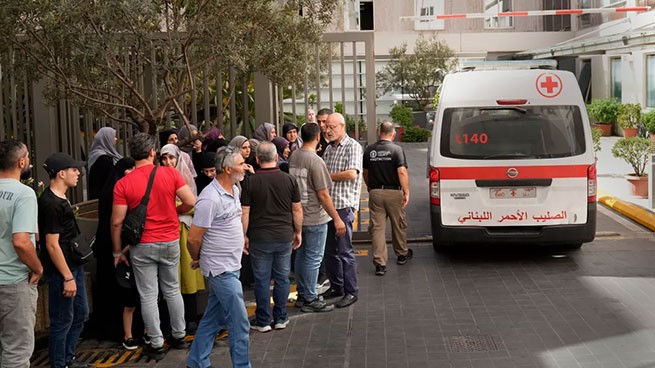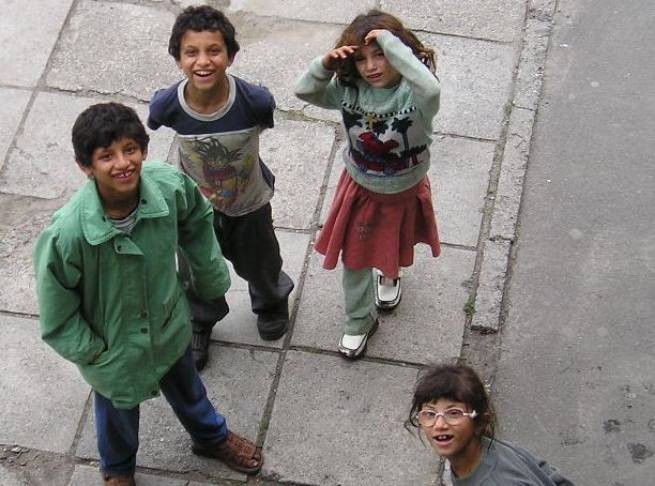The European Union rewards mayors who integrate Roma into full members of society.
It is no secret that the calling card of many Roma communities in Europe is discrimination at all levels. Local and European authorities, as well as associations, are coming to their aid, emphasizing on education and housing. No more, no less than 12 million Roma live in Europe, about a million of them in the Western Balkans. There are enough prejudices against them, but the number of those willing to fight segregation and misunderstanding is also growing.
Euronews correspondent Hans von der Breli travelled to Montenegro, Serbia and Bosnia-Herzegovina to find out what Europe is doing to improve the lives of Roma. He notes:
“During my visit, I saw children playing in dumps, but I also saw those sitting at home doing their homework. I visited ramshackle shacks and modern social housing, I met gypsies who work and those who are unemployed, those who talk about discrimination in everyday life and those who coexist harmoniously with their neighbors. The picture is not uniform.”
Relations in society are gradually improving. The European Commission has awarded seven municipalities and mayors in the Western Balkans for their policies to include the Roma minority. In Montenegro, the winner was Marko Kovačević. He is the mayor of Nikšić, the country's second-largest city. There are about 1,500 Roma there out of a population of 70,000. The mayor oversaw the construction of 31 social housing units, 17 of which were given to Roma. However, there are plenty of difficulties, he says:
“We recently wanted to build 10 units of social housing in one of the microdistricts, but people were against it, not wanting to be neighbors with gypsies.”
The local center for gypsy initiatives is doing everything to ensure smooth out contradictions, protect the rights of the Roma. Health, school, work, housing – everything is interconnectedsays director Fana Delia:
“An important step would be to clarify property issues – a problem that exists in all regions of the former Yugoslavia. In particular, the issue of legalizing the land on which the Roma community lives is acute.”
In her opinion, it is important for local authorities to “focus on employment in the community.”
Accompanied by Zoe Tarlamisay, a Roma mediator at the local high school, the reporter visited Amela and her six children. She is married to a Roma man. Women know that to find a skilled job, they need to study. So Tarlamisay closely follows the progress of the few Roma children who have reached high school.
A gypsy herself, she successfully graduated from university, which is a great rarity for the community in Montenegro. calls on politicians to change the law: “If secondary education were made compulsory, children from the Roma community would not leave school so early, would receive a better education and could expect more.”







More Stories
Snacks – good or bad, what foods can be harmful
Farmer Throws Six Tons of Green Olives Out on the Street
Patras: First school suspension for using smartphone. Parents are outraged